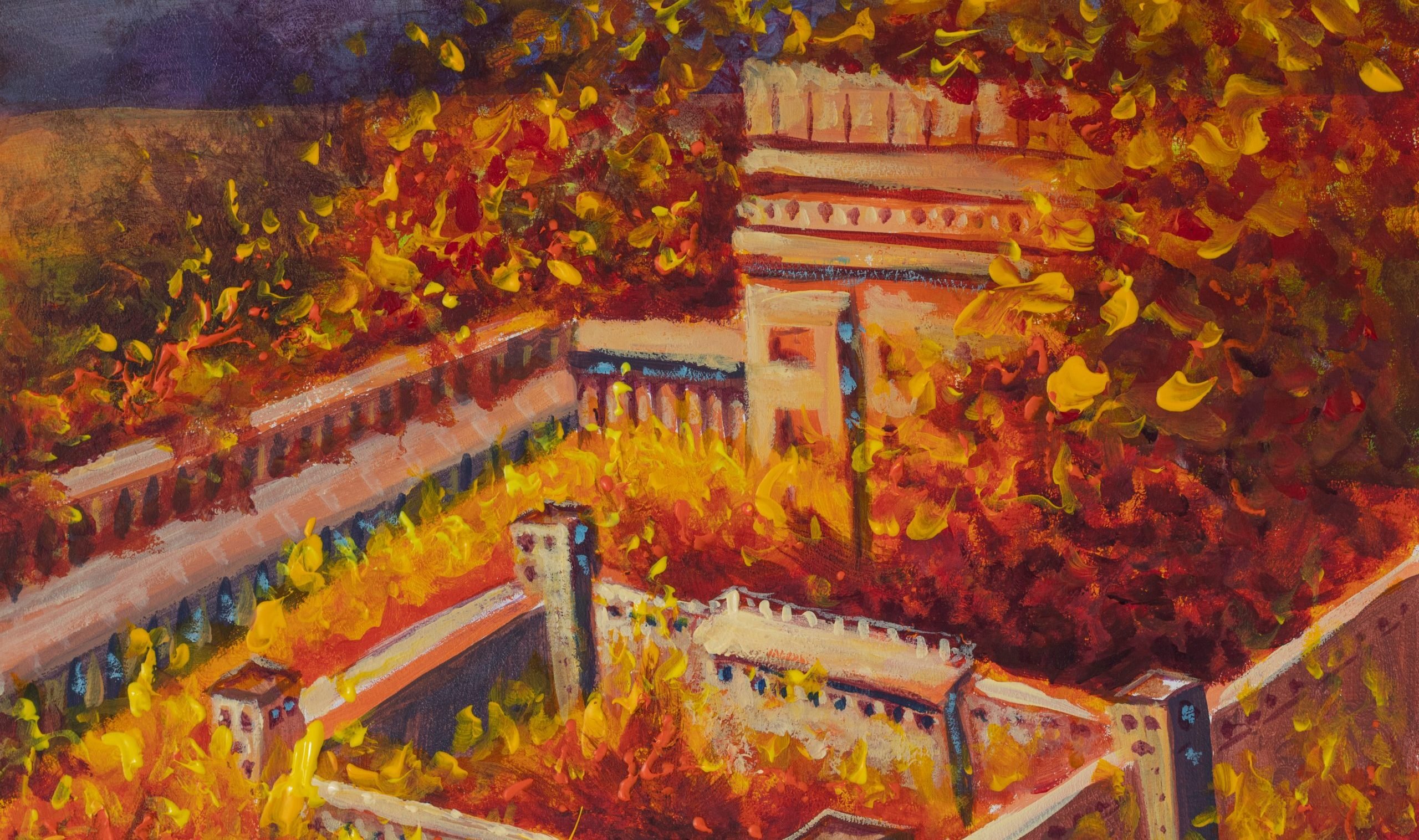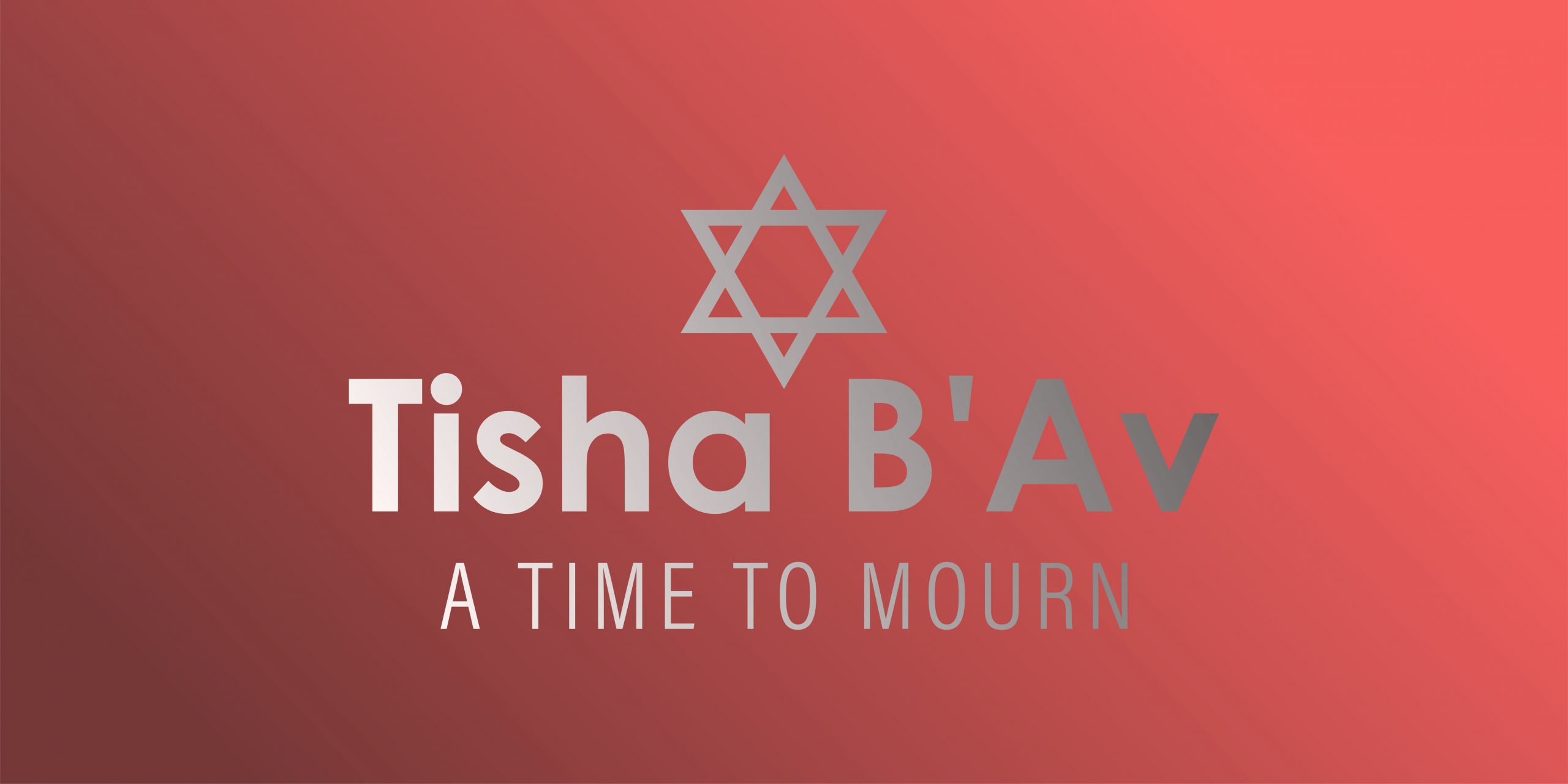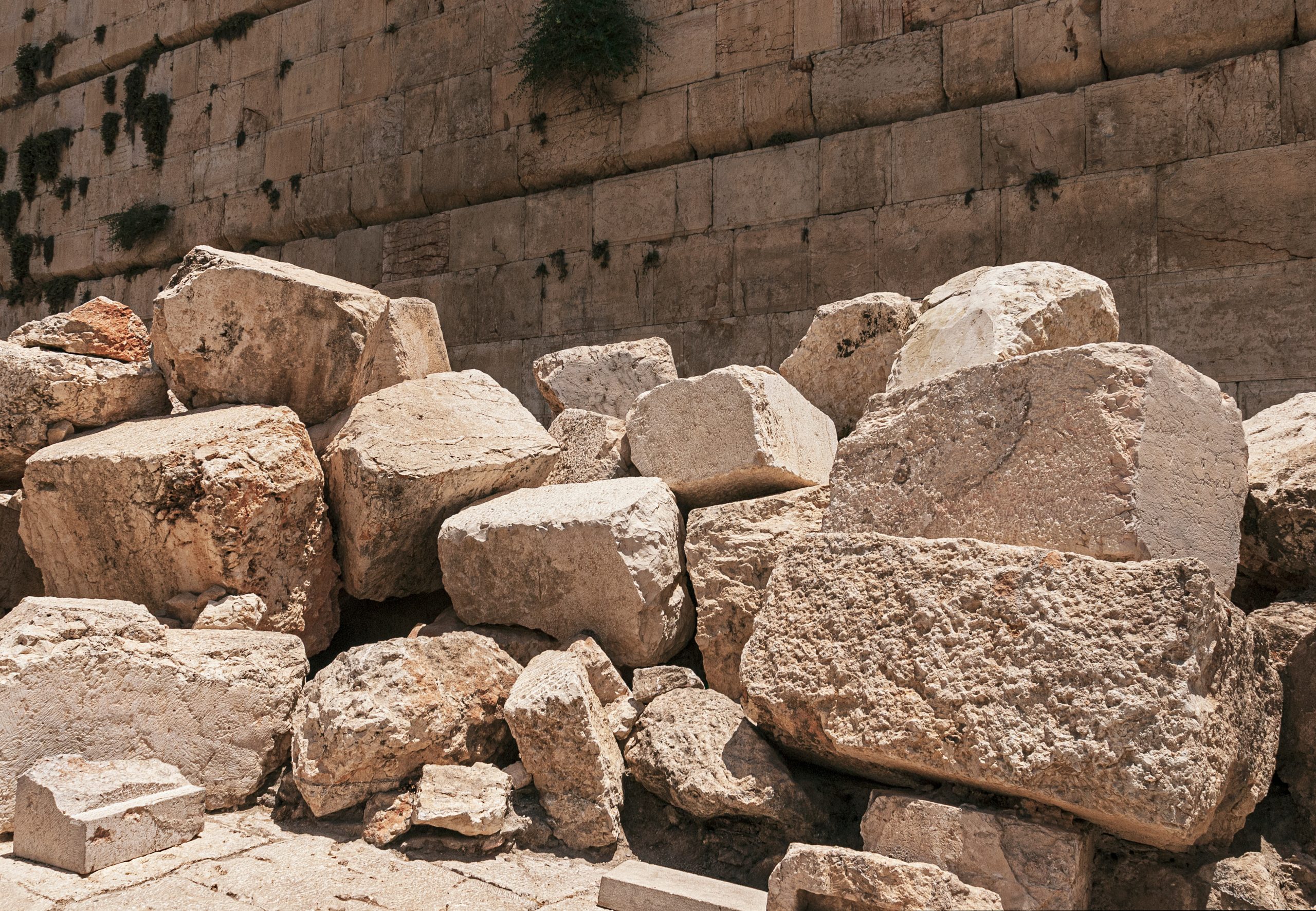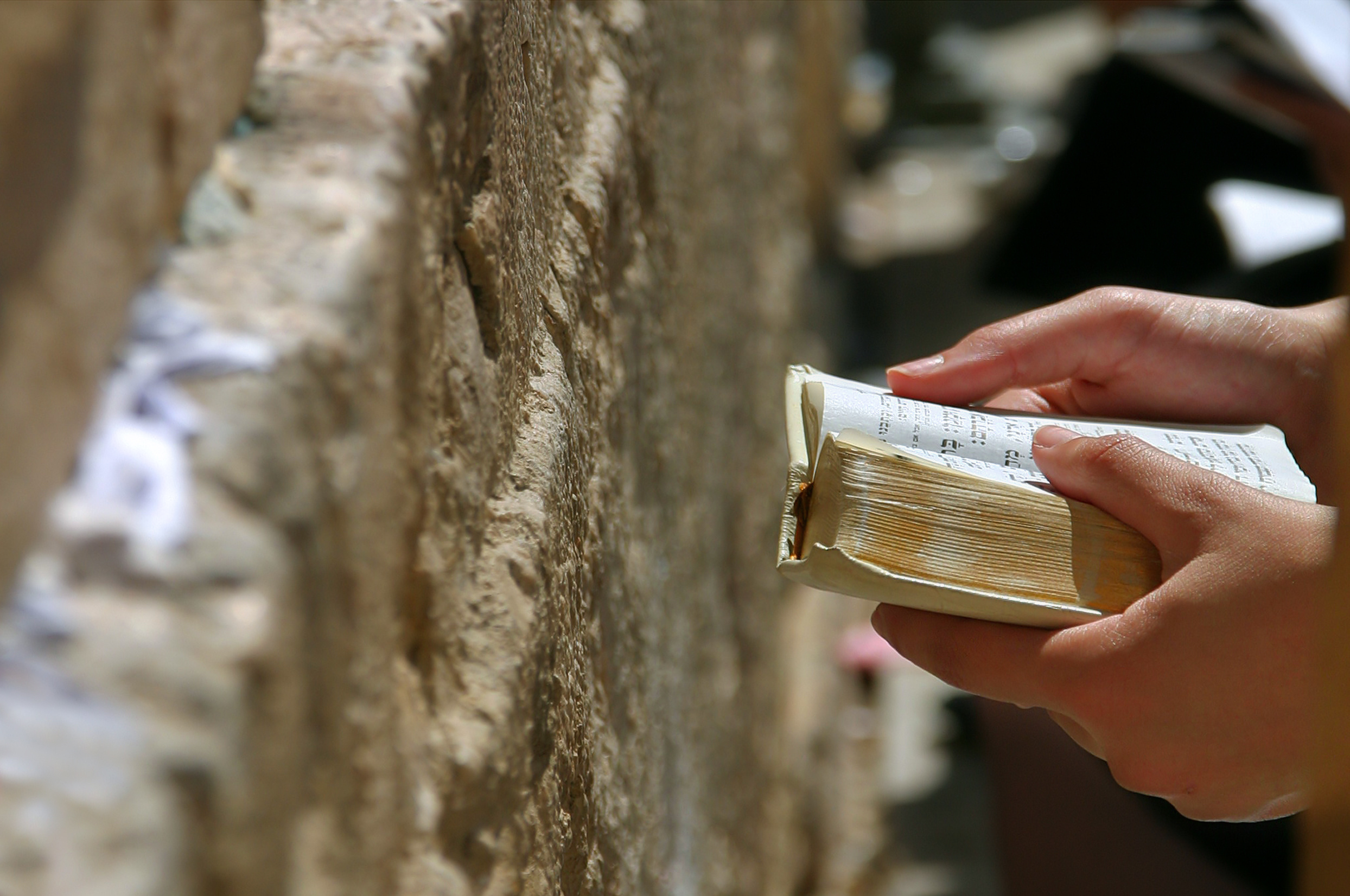
This year Tisha B’Av, one of the saddest dates in the Jewish calendar, is observed on Monday night, August 12, through Tuesday, August 13.
What happened to the Jewish people, to Jerusalem, and to the Holy Temple on this day? Read on to find out more, along with the different ways Jews have been commemorating this difficult day for generations.

Tisha B’Av, or the 9th of the Hebrew month of Av, marks the end of the three-week mourning period that began on the 17th of Tammuz, and is itself an anniversary of a number of terrible tragedies that befell the Jewish people throughout history. According to the Mishnah (the Oral Torah, part of the Talmud), five specific calamities occurred on the Ninth of Av:
For these reasons, the rabbis of the Talmud instituted Tisha B’Av as the saddest and most solemn day in the Jewish calendar. It is particularly and most commonly associated with mourning the destructions of the First and Second Temple.

In addition, according to Jewish records, many other calamities befell the Jewish community on the day of Tisha B’Av. This includes the official start of the First Crusades; expulsions of Jews from England, France, and Spain at different points throughout the Middle Ages; and the approval of the Final Solution in 1941 and formal beginning of the Holocaust during the Second World War.
Given the packed history of the day, it makes sense that Tisha B’Av has also become a general mourning day for the Jewish people for all our national tragedies, including the Crusades, the Inquisition, and the Holocaust.

Tisha B’Av observance is traditionally marked by fasting – abstaining from all food and drink for a full 25 hours (if medically possible) from evening until nightfall. It is considered one of the two “major” fasts in the Jewish calendar, along with Yom Kippur. Other prohibitions, as on Yom Kippur, include bathing, applying cream or oils, wearing leather shoes, and marital relations.
The day is also characterized by customary mourning practices such as sitting low on the ground, refraining from greetings, avoiding any joyous activity, and eating a solemn meal beforehand, which may include a hard boiled egg and/or bread dipped in ashes. Many people avoid work if possible, and may dim the lights in the evening and sleep on the ground or with less pillows than usual.
Other traditional Tisha B’Av practices include prayer, personal reflection, and reading the Book of Lamentations and Kinnot (mournful Jewish poetry). Common modern customs include reading books, watching films, or hearing talks that are related to the Holocaust or other Jewish national tragedies from our history.
No matter your personal observance, Tisha B’Av is a poignant opportunity to remember and honor our Holy Temple and Jerusalem.
Don’t forget to check out our top Temple-themed gifts, most beautiful Jerusalem jewelry, and best Jerusalem gifts, all lovingly made in the Land of Israel – so you can bring ancient Jewish history and tradition right into your home!


Owned by JWG Ltd, maintains its offices and warehouse in Jerusalem, Israel. © 1999-2022 JWG Judaica and Dead Sea Cosmetics